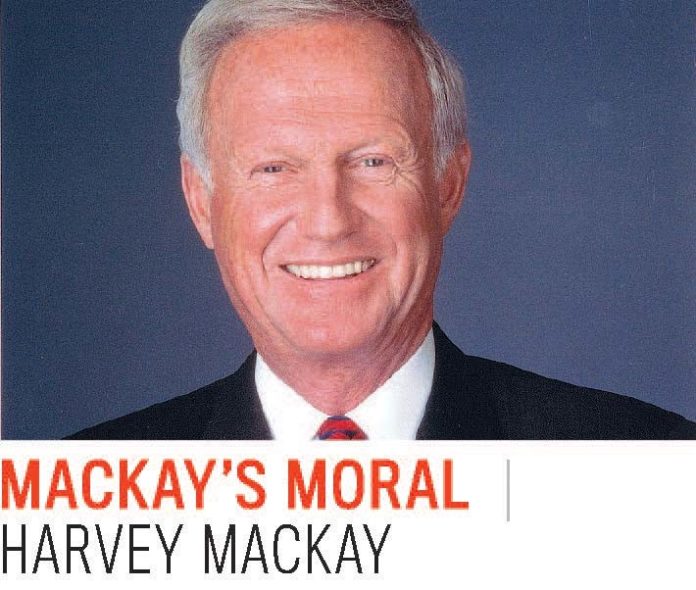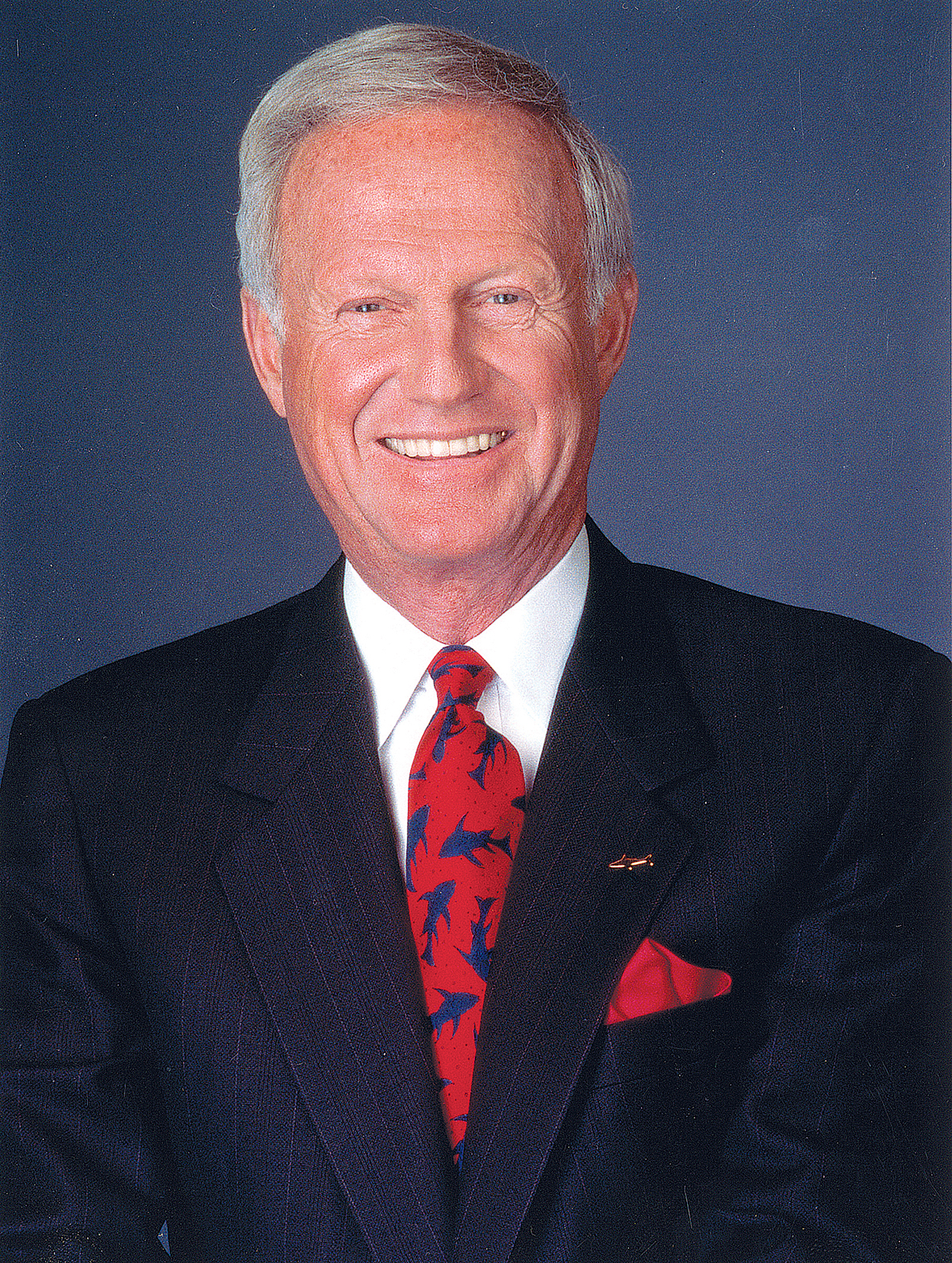A poor boy named Harlan with only a sixth-grade education wouldn’t have made anyone’s list of the most likely to succeed. His first major success came at the age of 39, when he was able to come up with the financing to open a small-town gas station and restaurant.
He did pretty well, but with the onset of World War II, Harlan’s once-solid customer base left the small town to enlist in the military or take factory jobs in the city. He managed to hold on until a new interstate highway eliminated his drive-by trade. Then, after nearly 30 years in business, Harlan was forced to sell his business to pay off his debts.
Almost broke and approaching age 70, Harlan could have walked away from his dreams. Instead, he hit the road, offering to share his pressure-cooking techniques with other restaurant owners if they’d agree to become his franchises. He sold only five in the first two years, but he stuck it out.
Four years later, Col. Sanders had sold more than 600 Kentucky Fried Chicken franchises. And by the time Harlan Sanders died at age 90 in 1980, KFC was a worldwide brand. Today, KFC is the world’s second-largest restaurant chain (measured by sales) after McDonald’s, with thousands of stores around the world.
Persistence is one of the traits I look for in hiring any new employee, especially a sales rep. There is no substitute.
I remember when I was first starting out as an envelope salesman and asked an experienced colleague I respected how many calls he would make on a prospect before giving up. He said, “It depends on which one of us dies first.”
When giving up is not an option, you have to find ways to maintain your motivation. Give yourself a pep talk, and then roll up your sleeves and look for the next reasonable steps you need to take. Do you need more education? Do you need more staff? Do you need to tweak your idea to make it more attractive to potential clients? Do you need to channel your efforts in a completely different direction?
Bob Nelson, author of “1001 Ways to Take Initiative at Work,” says it’s best to focus on what you can accomplish rather than on what you can’t. This will help you stay positive. Use your energy to work toward a goal, rather than wasting it butting up against an obstacle, he suggests.
If you identify a roadblock to your goal, develop a plan to address whatever is in your way. Be patient; remember Col. Sanders’ example. Success may be elusive at first, but give it time.
One of America’s space pioneers was a physicist named Robert Goddard. His story is one of unwavering persistence in the face of “learned” skepticism.
Professor Goddard helped launch the Space Age by experimenting with a 10-foot rocket in a New England cabbage field. His belief in rocketry as a viable technology for flight was met with great cynicism. Even The New York Times dismissed his plans in a 1920 editorial.
Yet Goddard persevered until he proved his firm belief that rocket engines can create thrust in a vacuum. Two of his 214 patented inventions – a multistage rocket and a liquid-fuel rocket (both patented in 1914) – were important milestones toward spaceflight.
The theory was proved 40 years later by other space pioneers who did indeed reach extreme altitudes. Years after his death, at the dawn of the Space Age, Goddard came to be recognized as the founding father of modern rocketry.
Unless you are Robert Goddard, persistence is not rocket science. If you are willing to stick with it, you can take your ideas to the moon! n
Mackay’s Moral: When you feel like giving up, remember why you held on for so long in the first place.
Harvey Mackay is the author of the New York Times best-seller “Swim With the Sharks Without Being Eaten Alive.” He can be reached through his website, www.harveymackay.com.












